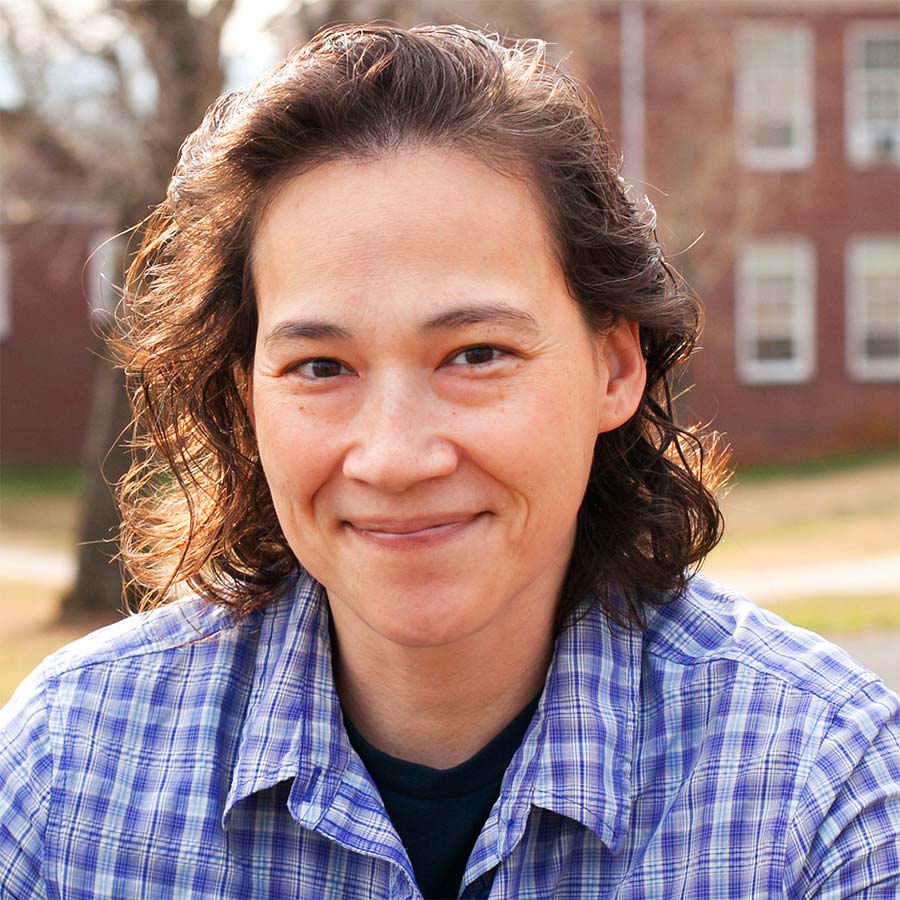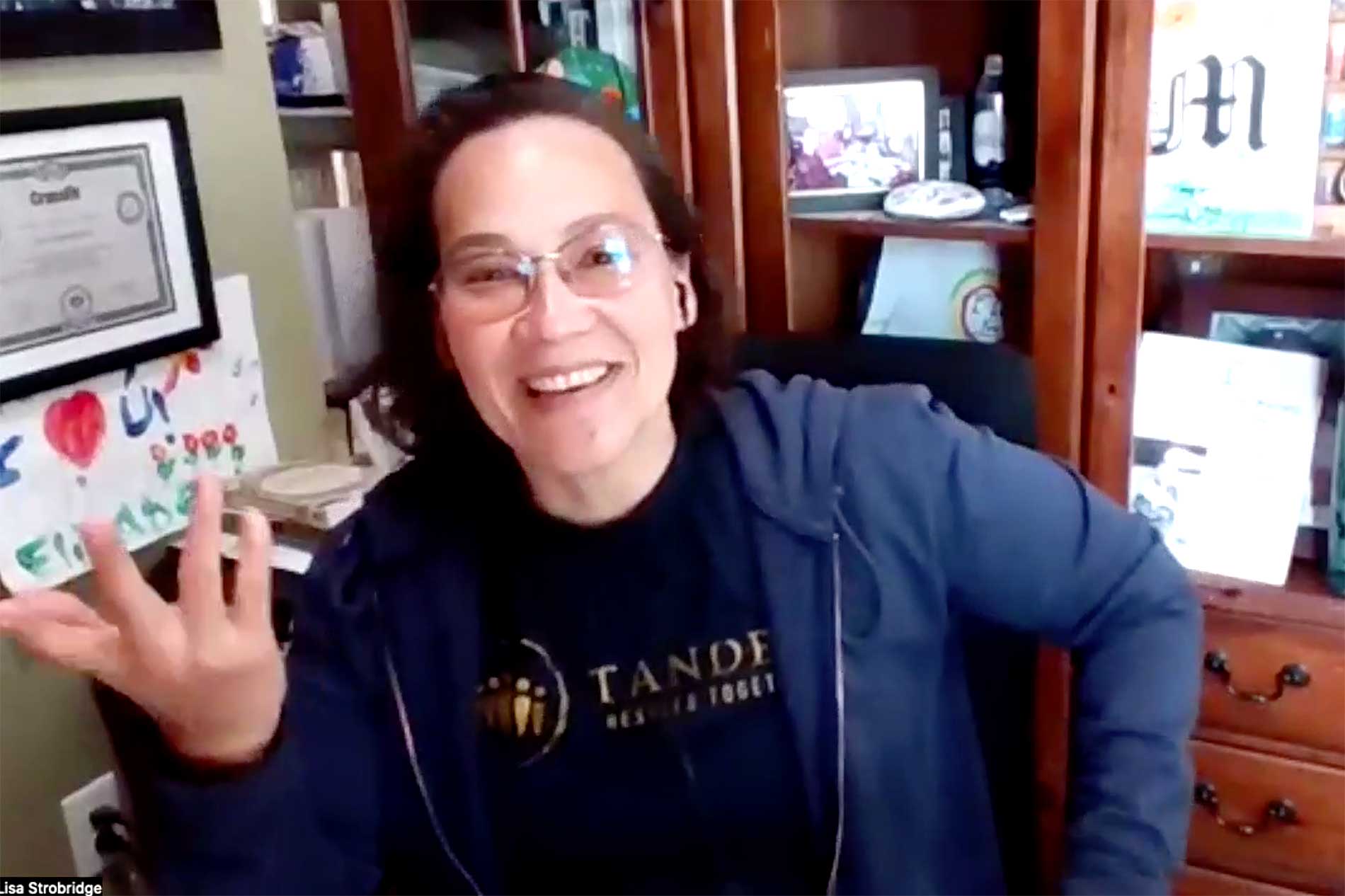The 3 Biggest Things That Helped Me Lose 100 Pounds
I lost 100 pounds on my health journey — over 7 years ago, back in 2016.
I tell people, “Yeah, I’m about 100 lbs lighter now than when I first started all of this.”
Usually, when I say that, the person I’m talking to gets an almost incredulous look on their face, which I understand. 100 pounds is a lot to lose, and it was a difficult journey to start and maintain.
I get asked all the time, “How did you do it?” It’s such a frequent question that I expect it whenever I have a conversation with someone. It’s the main reason I became a health and wellness coach.
So today, I will talk about the three things that helped me the most on my path to losing 100 pounds and being a healthier person.
If you want help losing weight, eating better, and getting healthier and stronger, then let’s talk about it. And be sure to get my Wednesday 100 Pound Email for tips from my weight-loss journey.
I also get asked a lot about what “diet” I follow.
Do I follow a keto diet? Am I plant-based? Do I recommend becoming a vegan? What are my thoughts on the calorie counting?
The truth is, I don’t believe in diets — not anymore, anyway.
I don’t diet and haven’t for at least 2 years now.
Since I moved away from a “diet mindset”, my health has improved year over year and month over month. I’m at a point where I am healthier now than ever — mentally, physically, and spiritually.
- Aren’t diets the only way you can lose weight?
- Are plants a great way to get protein?
- How can I give up, “insert favorite treat here”?
Are any of those questions or thoughts familiar? They are to me.
I used to have that last thought pretty frequently, which was why it was so hard for me to change how I ate.
my doctors told me that I needed to go on a diet to lose weight. What they meant was, “You need to eat less.”
To accomplish this and to “improve” my health, they would often recommend the same thing repeatedly:
- Eat fewer calories overall
- But eat more fruits
- But eat more veggies
- Focus on whole grains
- Minimize your fat, especially saturated fat
- Definitely eat less red meat
The sad thing about this advice is that it completely disregards the fact that everyone is different, and there is no one way to eat that is the “right” way for everyone.
There are ways to eat that are beneficial to most, based upon how the body processes different foods and macronutrients, but blanket statements that are a part of the conventional wisdom can be very damaging, physically and emotionally.
Oddly, I do nearly the opposite of the conventional advice to lose 100 pounds.
What’s so bad about being on a diet? Isn’t that the best way to lose weight and get healthy?
There are a lot of negative connotations with the word “diet.” Being on a diet indicates a short-term change in eating behavior, usually done with the sole goal of losing weight.
The thing about getting healthier and improving overall wellness is that it’s not a short-term journey; its sole goal is not just to lose weight. While losing weight is important, especially for those carrying excess body fat that impacts their overall metabolic health, it should not be the only goal of a wellness journey.
Instead, the focus of any weight loss goal, especially after the age of 40, is to ensure that you build or, at the very least, maintain muscle mass.
Being on a diet also invokes thoughts of food deprivation, calorie restriction, starvation, and negative body imagery. Intentional calorie restriction and starving your body of the nutrients that it needs to heal and get better are the worst ways to go about improving overall wellness and can result in some truly devastating impacts on overall health. I know this from experience, unfortunately.
The truth is that the most unsustainable way of living is living a life where you’re always hungry, which is what happens when most people “go on a diet.”
Dieting, or living in a constant state of yo-yo dieting, leads to a lot of poor choices that impact overall physical and mental health.
As a result, binge eating, cheat meals, negative self-thoughts, and disordered views on food and eating overall happen.
Dieting and all its associated connotations are not good and are not the ideal way to lose weight and get healthy, and they never will be.
So, if I’m not dieting, how can I lose 100 pounds And get healthier?
For most of my adult life, I was stuck in a constant cycle of dieting and disappointment. I’d either feel hungry from restricting calories or crave foods I promised myself only when I was “skinny enough.”
Now, I’ve stopped dieting because I experienced all the negativity that came with it—feelings of hopelessness and failure. I know these feelings are real because I’ve gone through them a lot.
So, how did I break free from this damaging mindset? Turning to God and realizing my worth as His valued child was the key. This realization humbled me, and I allowed His wisdom to guide me.
Understanding that God loved me unconditionally, regardless of my mistakes, was a game-changer. No matter how many times I stumbled, I wasn’t a failure in His eyes.
This acceptance transformed my perspective on food and how I approached true health. Instead of seeing it as a “diet,” I shifted my mindset to changing my life. It wasn’t about a short-term, selfish task but a long-term transformation in my lifestyle. I focused on learning how food impacted me and which foods truly nourished and healed my body.
So, to answer the question that was originally asked, “How did I do it?”
If I had to do it over again, these are the three things I would do to make the journey to lose 100 pounds easier:
THING 1. TAP INTO A HIGHER POWER
For Christians like myself, turn to God first and foremost. Pray to understand why I wanted to do what I was doing in the first place. Seek wisdom from a source bigger than yourself.
For others, a powerful way to change is having a better motivator — a big why — to lead you. Some examples include seeing grandchildren grow up, avoiding serious health issues later in life, taking care of your family’s health.
THING 2. PRIORITIZE PROTEIN
Eat enough bioavailable protein. Focus on eating animal protein and plenty of it. For most, that means at least 1 gram/pound of ideal body weight.
Lots of people don’t eat enough, don’t understand what healthy protein is, and find it difficult to make food swaps in their diets.
I often guide my clients and students to look at their eating habits to plan good ways to increase the amount of healthy protein.
THING 3. BUILD STRENGTH
I think the best way is to lift weights regularly. I like it three times a week as it works magic on the body, energy, and mood.
Strength training can be done in many ways, from using body weight and things around the house to actually going to a gym — if going to the gym will motivate you.
Physical activity can be tough to get going and sustain. So, I highly recommend finding your way that works with your schedule, and your experience, and ideally in a way you can enjoy (joining a group, a video, at home alone, etc).
If you want help losing weight, eating better, and getting healthier and stronger, then let’s talk about it. And be sure to get my Wednesday 100 Pound Email for tips from my weight-loss journey.
Everyone’s journey is different, special, and individually unique. Therefore, to drop a lot of weight, you need to …
Like I said, I’m still on my wellness journey and have been for over seven years now.
It’s critical to understand that you can never compare journeys. The journey that I’m on is different from my husband’s journey and will be different from the one that you are on or have been on and that’s ok.
The important thing is to focus on your journey and the progress that you have made. The changes that I’ve made didn’t happen overnight.
In short, you need to find the unique, personal, doable things that work for you — that consider your habits, your capabilities, and your motivation.
And therein lies the work.
For me, I fed myself the wrong foods and didn’t love or nourish my body in the right way for literal decades before I chose to take the first step towards healing and improving my health. Improvements after that much damage take years to make.
Healing takes time, but even the smallest change in a positive direction is a good thing and should be acknowledged and celebrated. The single most important thing that you can do to improve your health and wellness is to choose to take your first step.

If you want to eat better, get stronger, and lose weight, then let’s talk. Request a call with me now.

